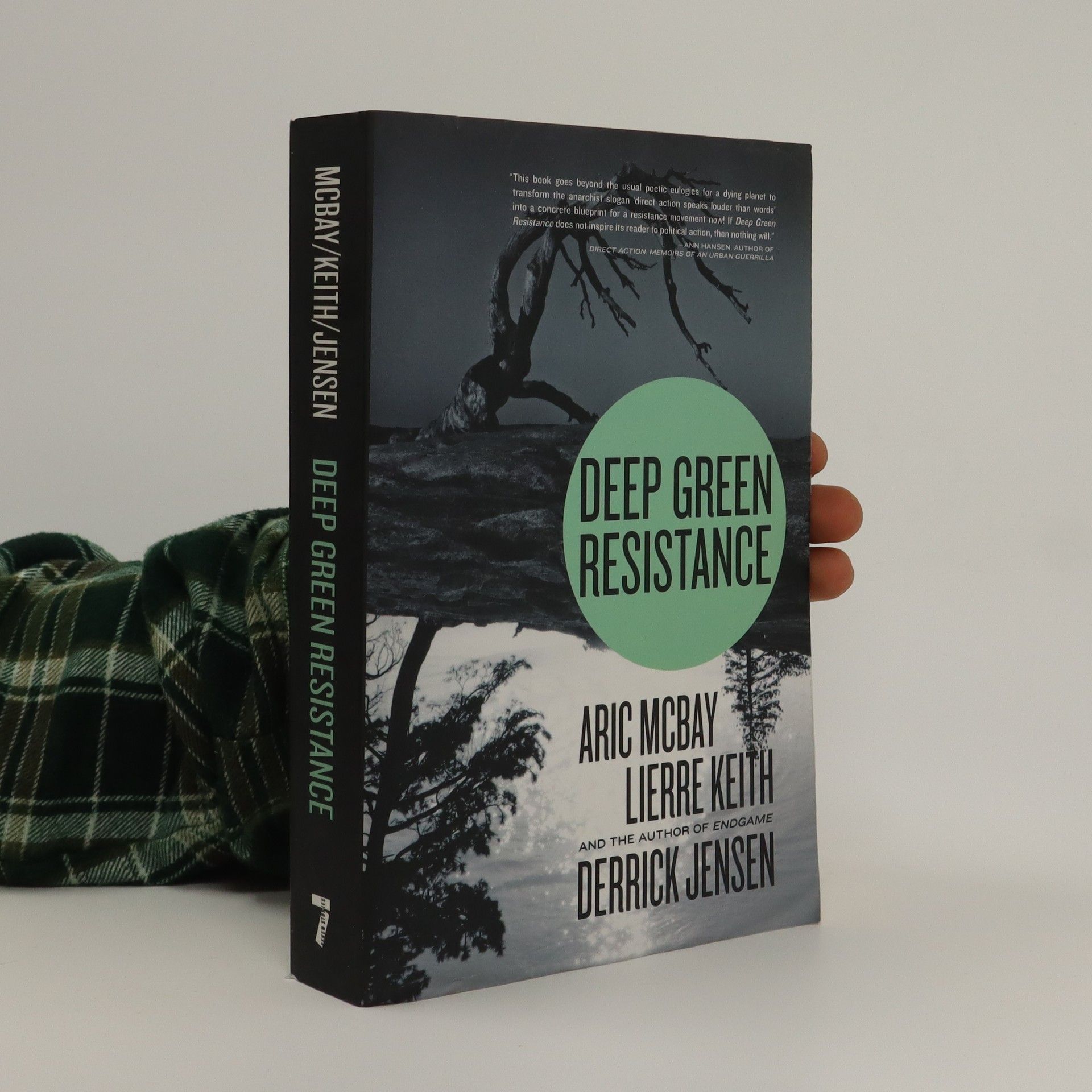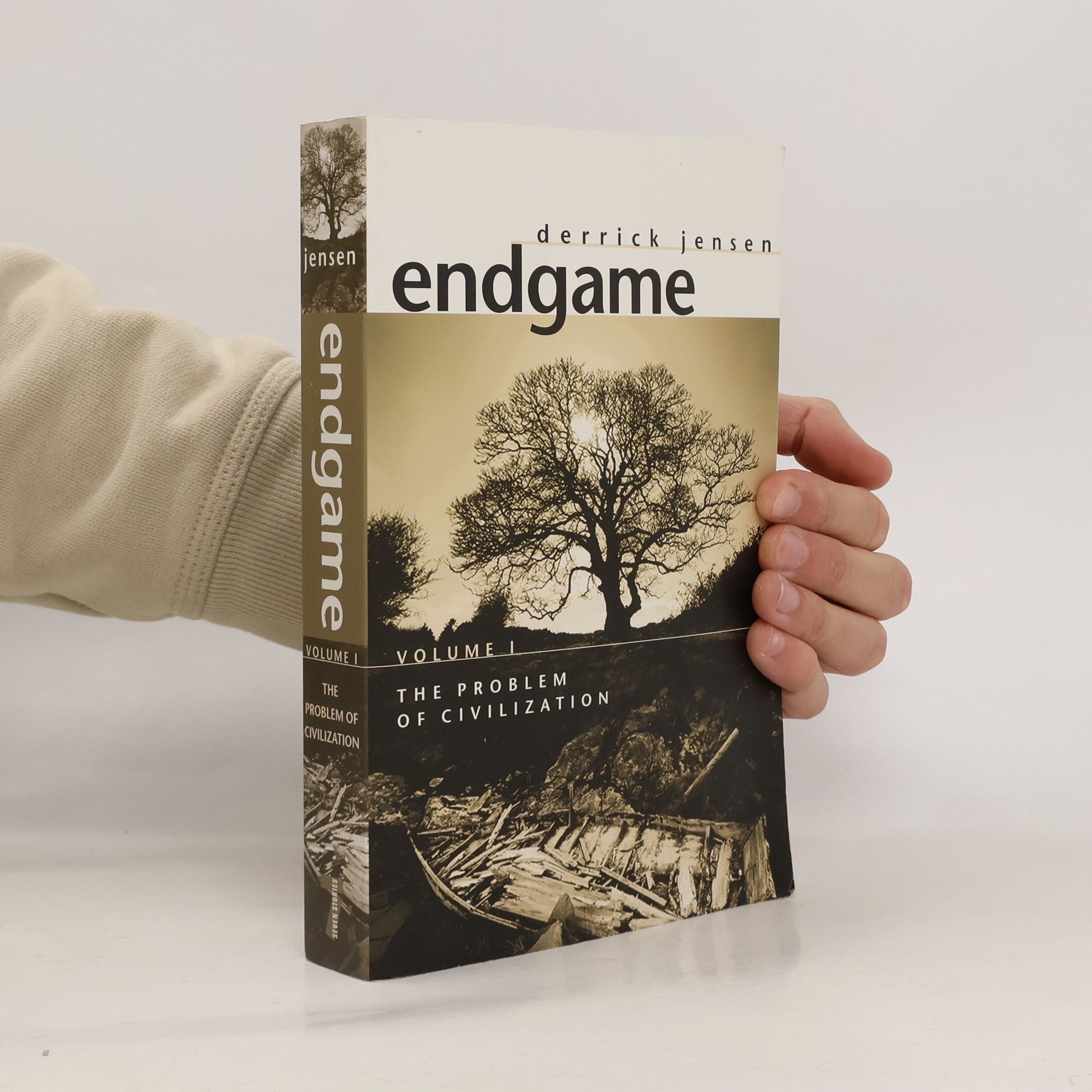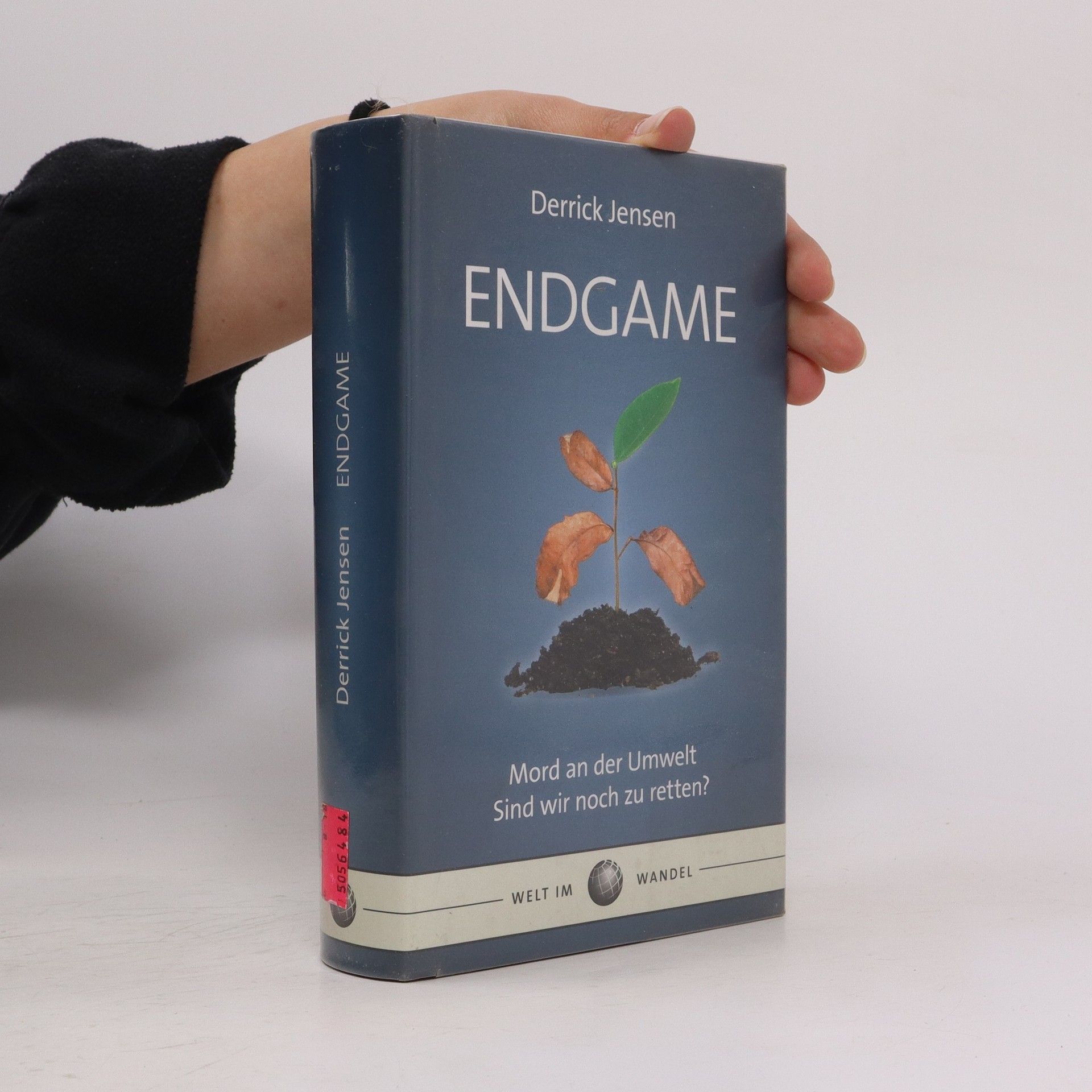Schöner grüner Schein
Warum »grüne« Technologien derselbe Irrweg in Grün sind
- 526 pages
- 19 hours of reading
In diesem Buch legen Jensen und seine Mitautoren haarklein dar, dass all die »Lösungen« schöner Schein sind und weit davon entfernt, in eine grüne Zukunft zu führen. Je länger wir vor dieser Wahrheit davonlaufen, desto schmerzhafter wird das Erwachen sein. Die Autoren dieses Buches fordern nichts anderes, als dass wir unsere Lebensweise grundlegend revidieren und uns auf die einzig wirkliche grüne Energie besinnen: Das Blattgrün der Pflanzen, die Sonnenlicht in Energie und in Nahrung verwandeln. Dieses Grün hat uns über die Jahrhunderttausende unseres Menschseins am Leben erhalten.









